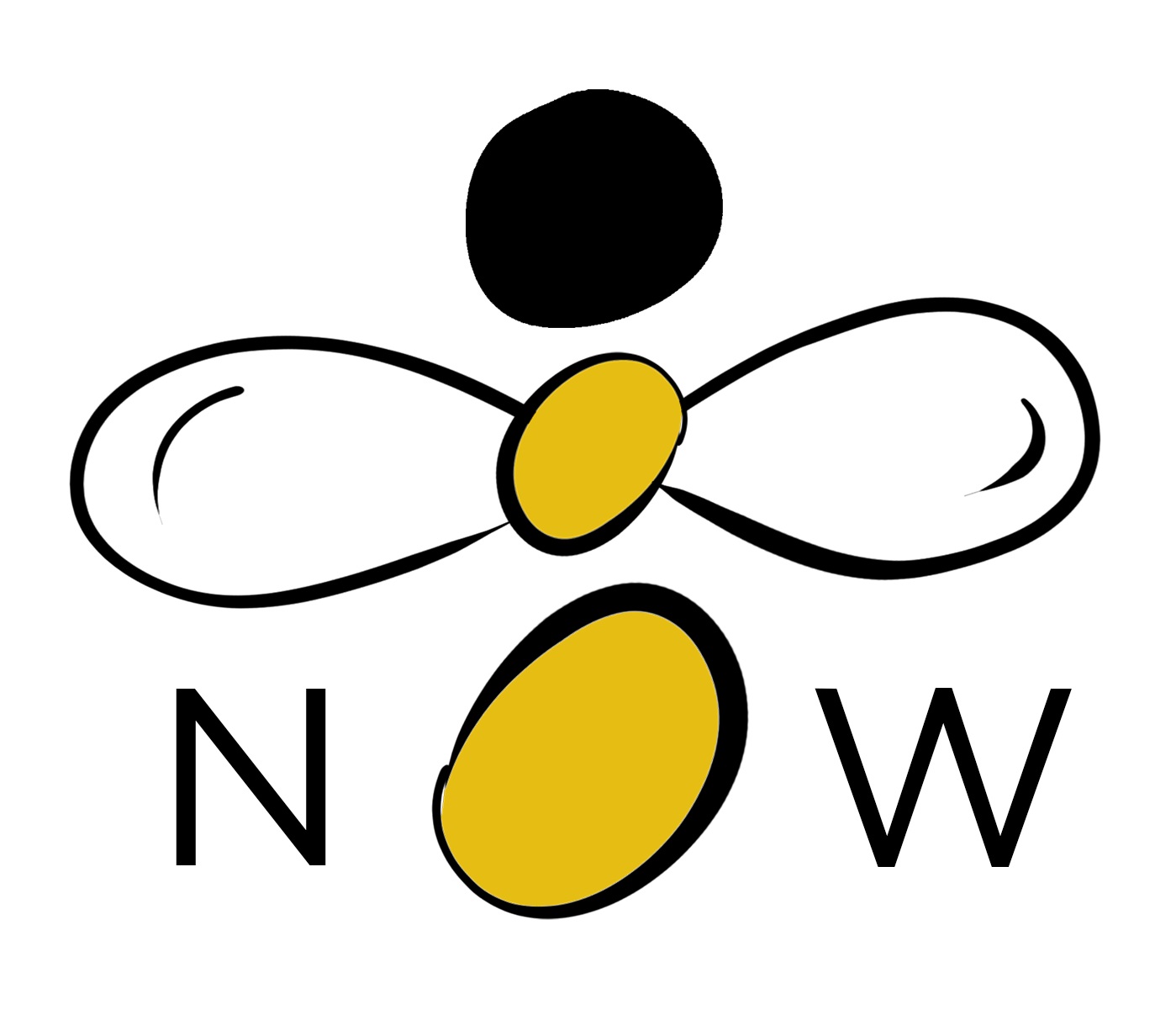Sarah is a young professional who always excelled academically and climbed the corporate ladder at an impressive pace. However, Sarah noticed that her relationships with colleagues were strained, and she struggled to manage her emotions during high-pressure situations.
Realizing that her cognitive intelligence (IQ) alone wasn’t enough, Sarah embarked on a journey to develop her emotional intelligence (EQ). Through mindfulness meditation, perspective-taking exercises, and cognitive reappraisal, Sarah experienced a significant transformation.
Her relationships improved, her decision-making became more holistic, and her overall well-being soared. This article will explore the importance of EQ, three actionable insights from neuroscience literature, and explain why Sarah’s story is relevant to us all.
The Value of Emotional Intelligence
Emotional intelligence is a key determinant of success in various aspects of life, including personal relationships, professional performance, and mental health. Individuals with high EQ, like Sarah, are better equipped to navigate social situations, manage stress, and empathize with others, resulting in improved communication, collaboration, and conflict resolution. In an increasingly interconnected world, the ability to effectively manage emotions and understand those of others has become essential.
In a groundbreaking study by Farb et al. (2007), researchers investigated the neural mechanisms underlying mindfulness meditation and its effects on emotional regulation. Participants who underwent an 8-week mindfulness-based stress reduction program showed increased activation in the prefrontal cortex and decreased activation in the amygdala when exposed to emotionally-charged stimuli. This shift in brain activity suggests that mindfulness meditation promotes emotional regulation by facilitating the integration of rational thinking and emotional processing.
Here are three Insights from neuroscience to Boost Emotional Intelligence:
- Strengthen self-awareness through mindfulness meditation: Sarah learned that mindfulness meditation increases self-awareness and emotional regulation by promoting the integration of the prefrontal cortex and the amygdala, the brain regions responsible for rational thinking and emotional processing, respectively (Farb et al., 2007). Regular mindfulness practice can help you recognize your emotions and respond to them more effectively.
- Foster empathy by engaging in perspective-taking exercises: Sarah discovered that perspective-taking exercises, such as imagining herself in another person’s situation, activated her mirror neuron system, which is responsible for understanding the intentions and emotions of others (Gallese et al., 2004). By practicing perspective-taking regularly, she enhanced her ability to empathize with others and improved her interpersonal relationships.
- Enhance emotional regulation through cognitive reappraisal: Through cognitive reappraisal, a technique that involves reinterpreting emotionally-charged events in a more neutral or positive light, Sarah was able to decrease amygdala activation and increase prefrontal cortex activation, resulting in improved emotional regulation (Ochsner et al., 2004). By adopting cognitive reappraisal strategies, you can better manage your emotional responses in challenging situations.
Sarah’s journey illustrates the profound impact that emotional intelligence can have on our lives. By cultivating EQ, we can improve our interpersonal relationships, enhance our ability to make sound decisions, and foster personal growth. The neuroscience insights provided above offer practical strategies for developing EQ, including mindfulness meditation, perspective-taking exercises, and cognitive reappraisal techniques.
To harness the power of emotional intelligence in daily life, consider incorporating these practices into your routine. Just like Sarah, set aside time each day for mindfulness meditation, engage in regular perspective-taking exercises, and practice cognitive reappraisal when faced with challenging emotional situations. By consistently applying these strategies, you can unlock the full potential of emotional intelligence and experience the lasting benefits it offers.

Arya Salehi is a storyteller and growth coach, helping people enhance their learning and fulfillment at work and in relationships. He believes in asking the right questions, rather than having all the answers. He lives in Roseville, CA.
